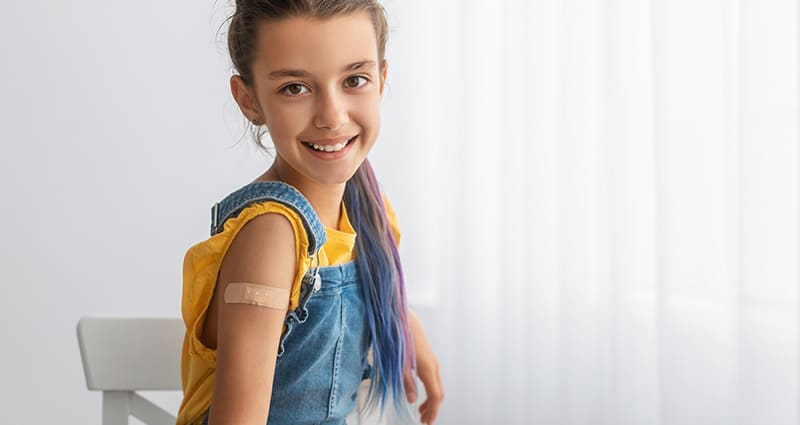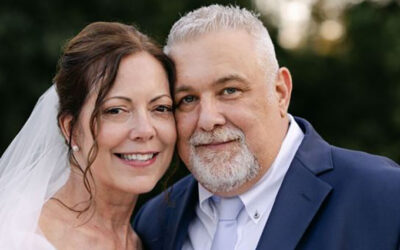Vaccines have been top-of-mind during the global pandemic, but another vaccine has huge benefits too – preventing a virus that causes certain types of cancer.
May S. Thomassee, MD, gynecologist and minimally invasive gynecologic surgeon with Lourdes Physician Group, and Ashley Lucas, MD, medical director of pediatrics with Our Lady of the Lake Children’s Health, share why getting vaccinated against the human papillomavirus (HPV) is the safe choice and the right choice.
Widespread Infection
Each year in the U.S. about 13 million people, including teens, are infected with HPV. The virus is spread through intimate skin to skin contact and is very common. Most infections go away on their own, but those that don’t can cause certain types of cancer. Each year about 36,000 Americans develop a cancer caused by HPV, and the vaccine could prevent more than 90% of those cancers from ever developing.
When to Vaccinate
The HPV vaccine series is either two or three doses, depending on age. The Centers for Disease Control and Prevention recommends that children get their first dose when they’re 11 or 12, and the second dose six to 12 months later. If getting vaccinated after age 15 a three-dose series is required to have full protection. It’s important to get the vaccine well in advance of any chance of exposure.
The vaccine is recommended for children and adults ages 9 up to 26, and some adults ages 27 through 45 may also benefit from vaccination. Those who have had HPV or cervical dysplasia can still be candidates for the vaccine. Those who have been partially vaccinated can still get the additional dose or doses without starting the series again. Speak with your doctor to make the best decision for your health.
Cancer Prevention
HPV causes several cancers, most notably cervical cancer. The virus can also cause cancers of the vagina, vulva, penis, anus and back of the throat.
Cervical cancer is the only type caused by HPV that can be detected early with a screening test. The other cancers caused by HPV may not be detected until they are more serious, which makes prevention even more important.
Safe, Effective, Long-Lasting Protection
More than 135 million doses of HPV vaccine have been distributed in the U.S., and it has a reassuring safety record backed by more than 15 years of monitoring and research.
Since the HPV vaccine first became available in 2006, HPV infections have dropped 88 percent among teen girls. Research also shows that fewer women are developing cervical precancers.
Side Effects
Like any vaccine, HPV vaccination can have side effects, and the most common are mild such as pain, redness or swelling where the shot is given, dizziness, fainting, nausea or headache.
The vaccine does not cause fertility problems but does protect fertility because some of the treatments for cancers prevented by the vaccine can limit patients’ ability to have children.




